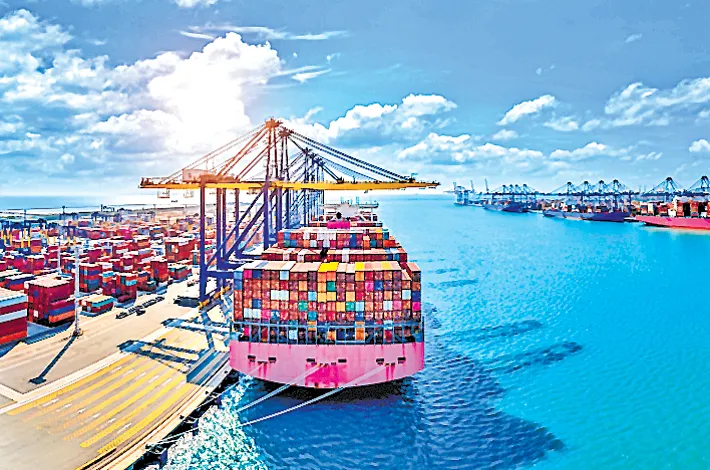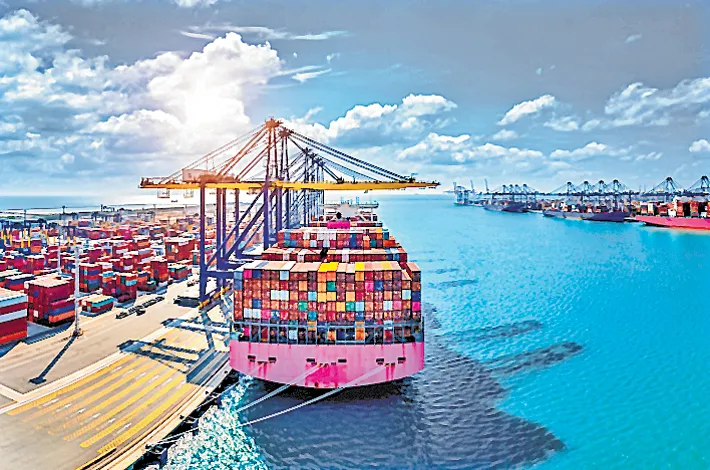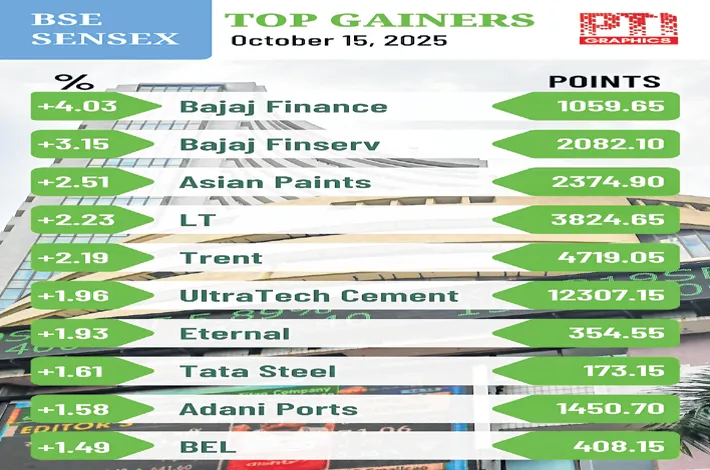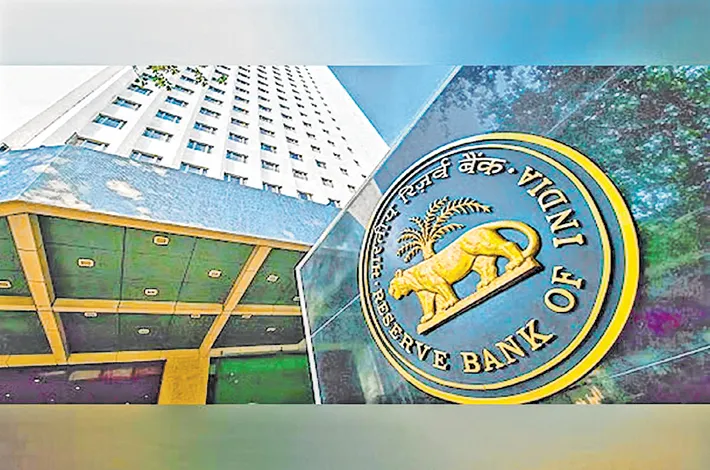Global trade war roaring back!
13-10-2025 12:00:00 AM

FPJ News Service MUMBAI
The global market sentiment has again turned negative. Investors in India would track the renewed tariff tensions between the US and China this week besides domestic inflation data, quarterly earnings from blue-chips HCL Tech, Infosys and Reliance Industries, Fed Chair Jerome Powell’s speech and FPI inflows. “FPI inflows will depend on how this renewed trade war pans out in the coming days,” said Dr. VK Vijayakumar, chief investment strategist at Geojit Investments.
Meanwhile, Beijing has slammed Donald Trump’s plan to impose additional 100% tariffs on Chinese exports (on top of the 30% tariffs already in effect) and threatened new countermeasures as it blamed the US for escalating tensions between the world’s two biggest economies. The Chinese authorities on Sunday said that since the two countries held trade talks in Madrid last month, the US had “continuously introduced a series of new restrictions against China”, including putting Chinese companies on a trade blacklist. “China’s position on tariff wars has been consistent: we do not want to fight, but we are not afraid to fight.”
The threat is a massive escalation after months of a trade truce between the two nations. A Financial Times report quotes Wang Dong, executive director of the Institute for Global Cooperation and Understanding at Peking University: “Trump’s “surprise” at being hit with the new controls reflected the previous US mentality that it could impose tariffs on China with impunity.”“The resurgence in trade tensions could spur dollar outflows, adding further pressure on emerging market equities and currencies,” said Ponmudi R, CEO-Enrich Money, an online trading and wealth tech firm.
“Investors will keenly watch numbers from IT majors and midcap IT companies. On the data front, the government will release retail inflation and WPI figures for September this week,” Ajit Mishra-SVP, Research, Religare Broking, said. According to a report by the European Central Bank, tariffs work like taxes by increasing the prices of imported goods. This applies both to goods used by US firms for their production, such as car parts, and the goods consumers buy directly, such as pharmaceuticals. Tariffs therefore make products from outside the United States more expensive and less competitive on the US market.
On European goods, the ECB said, “Firms and consumers might switch to other producers and demand fewer European goods. European firms that export a considerable amount of their goods to the US might in turn then decide to reduce their workforce. In this way, tariffs can affect the job security of European workers.”
According to Indian economists and international analysts, this is the case of India and China. Workers in countries and sectors that export more to the US perceive a higher job risk. However, firms with direct US business relations are less prominent than one might naturally assume.








